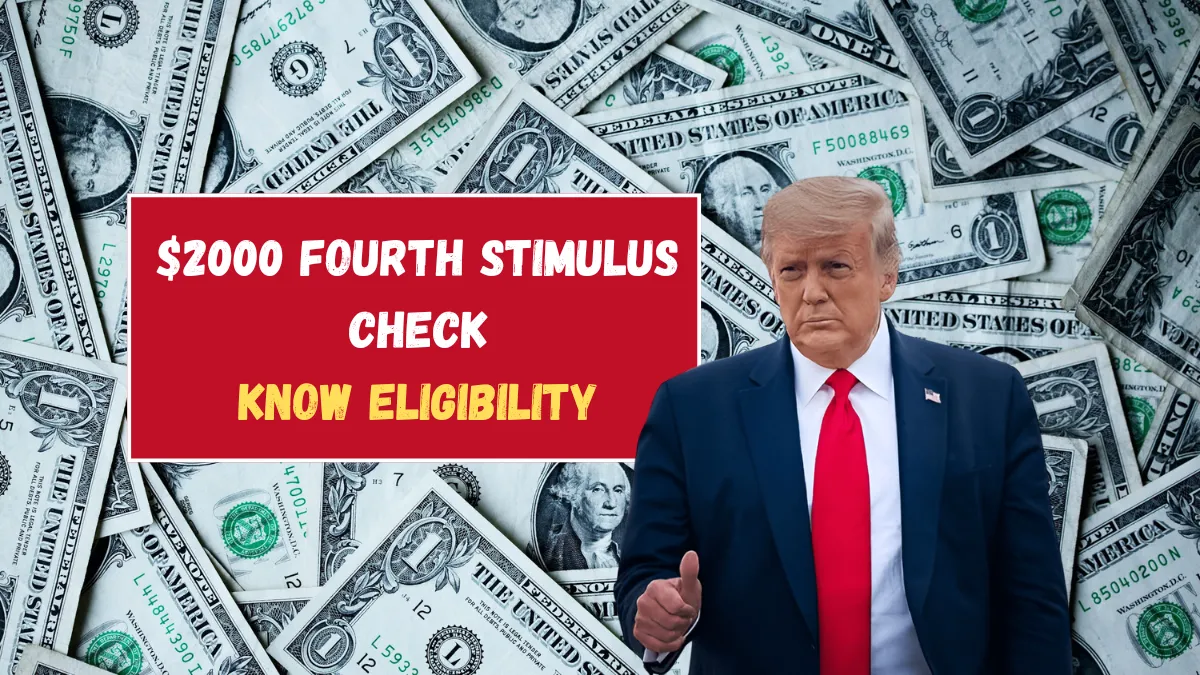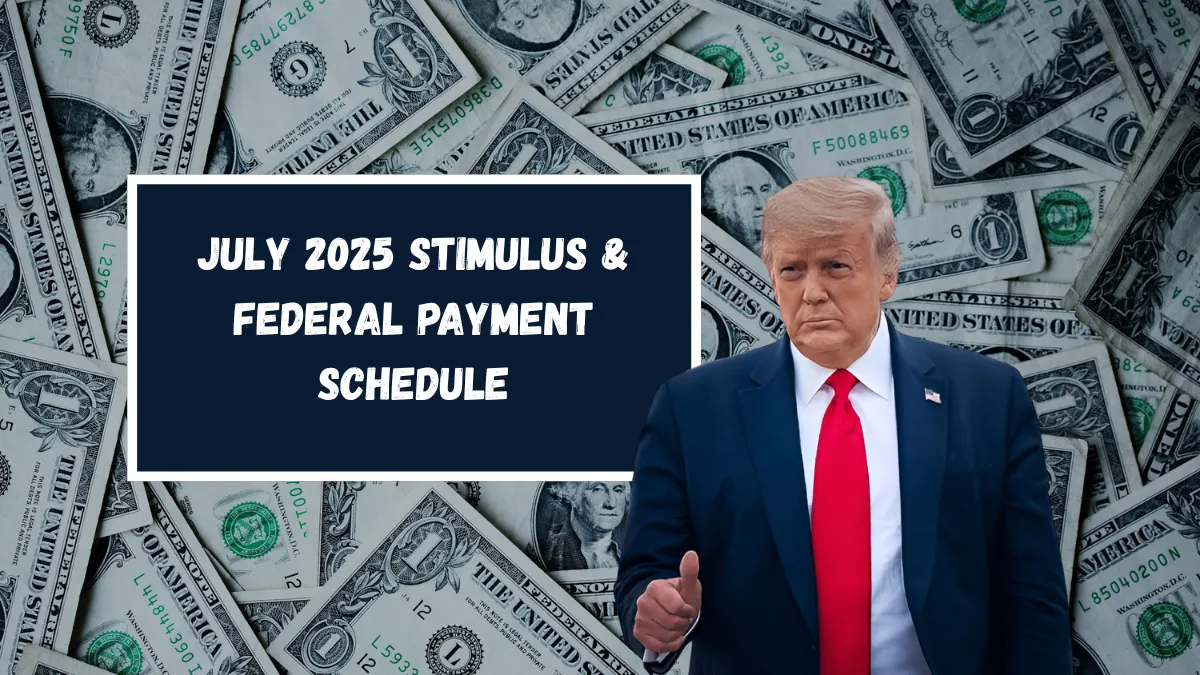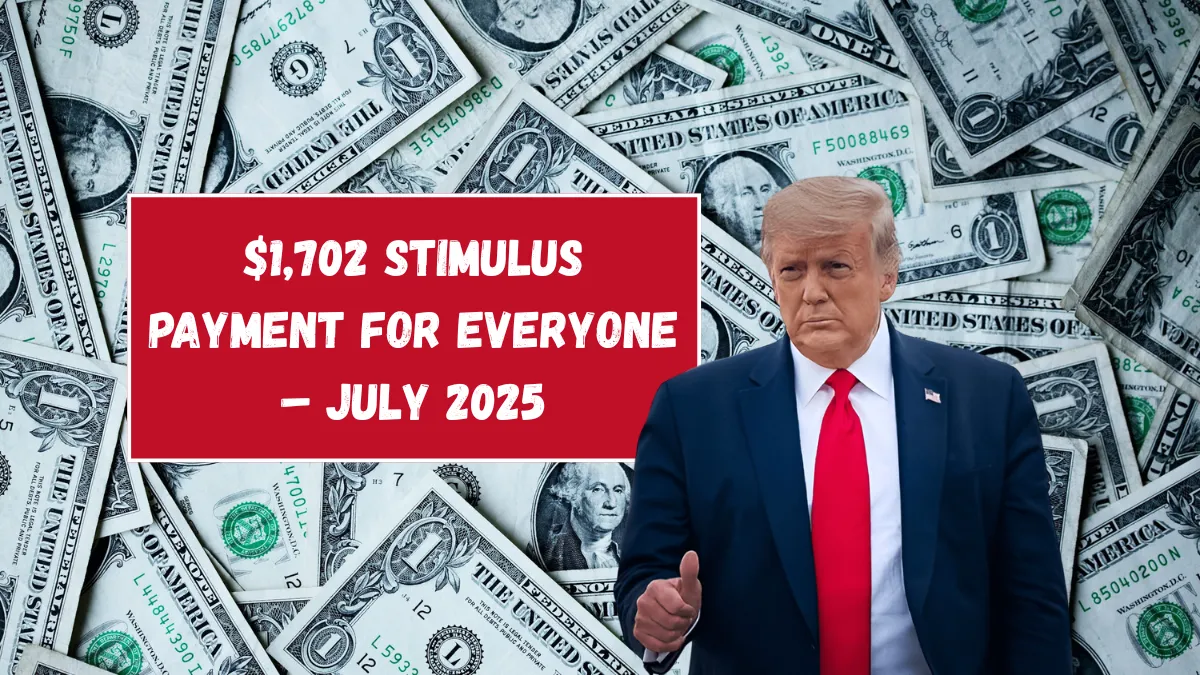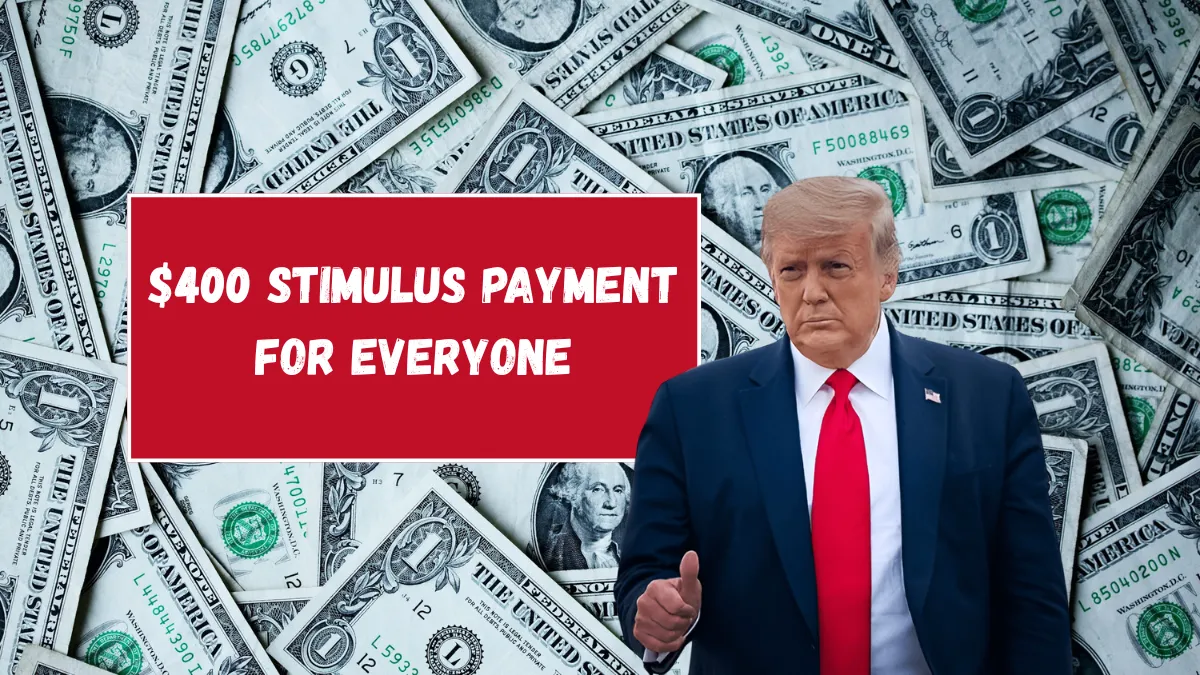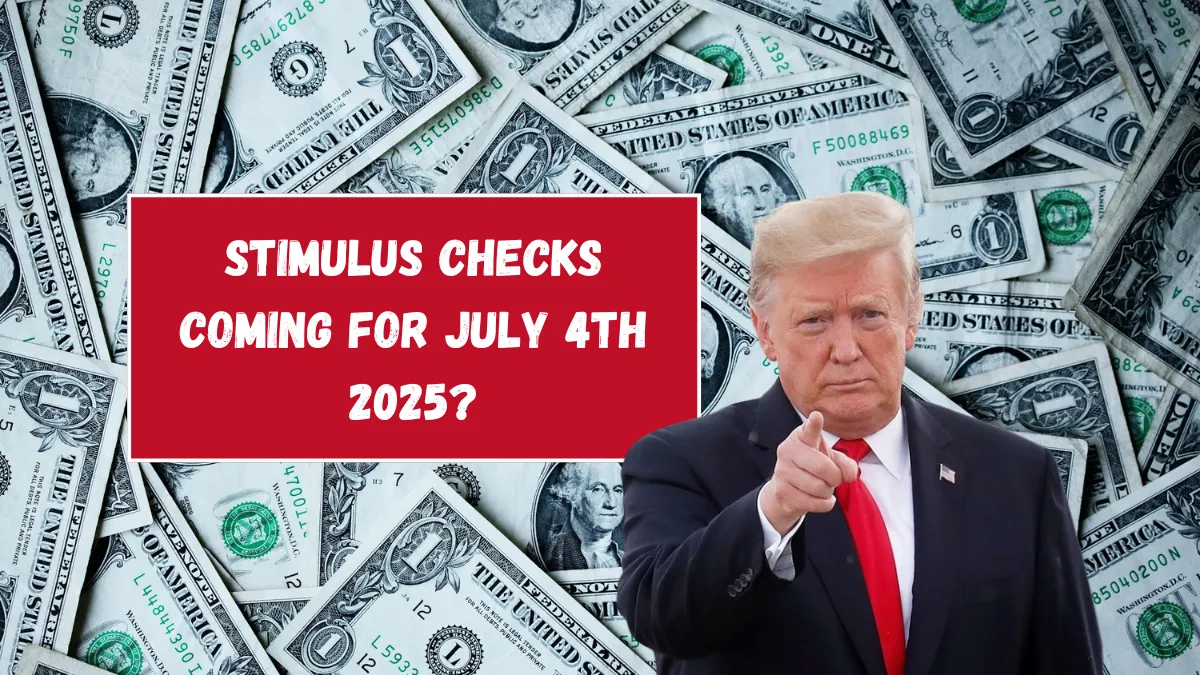$2000 Fourth Stimulus Check Being Issued
In 2025, inflation continues to impact the U.S. economy, driving up prices on essentials such as groceries, rent, and healthcare. As a result, there is renewed interest in Washington around approving a fourth stimulus check. The idea being discussed involves sending a direct payment of $2,000 to eligible individuals.
While no official law has been passed yet, the increasing financial stress has made this topic a key focus for lawmakers once again.
Who can be the beneficiary of this stimulus check
If the fourth stimulus check is approved, it’s likely that the eligibility requirements will resemble those of previous checks. Individuals earning under $75,000 annually could qualify, while the threshold for married couples may be $150,000. Additional funds may also be available for parents with dependents.
People receiving benefits through SSI, SSDI, or Social Security may be included as well. Those not required to file taxes but enrolled in federal assistance programs could also potentially receive the payment.
Is a stimulus check confirmed in 2025?
As of June 2025, no new stimulus check has been officially authorized. Although multiple proposals are being considered in Congress, none have passed into law. The IRS has not released any formal updates or payment schedules.
If the proposal is eventually approved, it’s possible that payments might not begin until late 2025 or even into early 2026, depending on how quickly legislation moves forward.
Why the stimulus plan is in discussion again
The call for a fourth stimulus check stems mainly from continuing inflation. Basic living costs like food, gas, medicine, and housing remain high. People on fixed incomes—particularly seniors and those with disabilities—are among the most affected.
Reduced consumer spending has also taken a toll on small businesses and retailers. This has encouraged policymakers to once again explore the idea of giving direct financial support to stimulate the economy.
Glimpse of previous stimulus payments
During earlier rounds of economic relief, the government issued three stimulus checks. The first round offered $1,200 per adult and $500 per child. The second provided $600 to both adults and dependents. The third check gave $1,400 to individuals and the same amount for each dependent.
If a fourth round is approved, the proposed amount is $2,000 per eligible adult, with extra payments for dependents likely included as well.
What are the options if the stimulus check doesn’t pass?
If Congress does not move forward with the $2,000 check, other programs could be expanded to help struggling Americans. Potential measures include increasing the Social Security COLA, boosting SNAP benefits, offering more rental and housing aid, expanding the Child Tax Credit, and strengthening emergency utility programs.
While these options may not offer as large a payout as a stimulus check, they can still offer valuable support to those in financial need.
How to prepare if the stimulus check passes?
To be ready for any potential payments, it’s essential to file your 2024 tax return—even if you’re not required to due to low income. Keep your bank information updated on the IRS or SSA portals to avoid delays in receiving direct deposits.
Always rely on trusted sources like IRS.gov or SSA.gov for updates. Do not respond to phone calls, texts, or emails asking for personal information about stimulus payments.
Distinguish between rumors and facts
There is a lot of false information floating around about the fourth stimulus check. It’s important to understand that no bill has been finalized yet. Social Security recipients are not excluded; they received checks in the previous rounds too.
No payment is required to receive a stimulus check—it is distributed automatically using IRS or SSA records. Even people who haven’t filed taxes before may still receive a check, so there’s no need to panic.
What could happen next
Lawmakers are continuing to debate how to best support the public. Whether through a $2,000 direct payment or through alternative programs, the goal remains to ease the financial strain caused by inflation.
Should the fourth check get approved, the IRS would distribute funds through direct deposit or mailed checks, just like in previous rounds. The process will prioritize speed and accuracy to help eligible individuals as quickly as possible.
Conclusion
As inflation continues to affect daily living costs, discussions around a fourth stimulus check have resurfaced. While no decision has been finalized yet, there is significant attention on the proposal. If approved, the $2,000 payment could provide meaningful help to millions, particularly those on fixed incomes or government support.
For now, it’s crucial for people to stay updated, file taxes promptly, and avoid falling for misinformation. Whether through direct payments or expanded benefits, the government aims to provide relief and promote financial stability.
Q1: When will the fourth stimulus check be issued?
As of now, there is no confirmed date. The proposal is still under discussion in Congress.
Q2: Do I need to file taxes to get the payment?
Yes, filing a 2024 tax return is recommended to ensure eligibility, even for low-income individuals.
Q3: Are Social Security recipients eligible?
Yes, people on Social Security, SSDI, and SSI were included in previous rounds and are likely to be eligible again.
Q4: Will non-tax filers receive the check?
Non-tax filers may still qualify, especially if they’re part of federal benefit programs.
